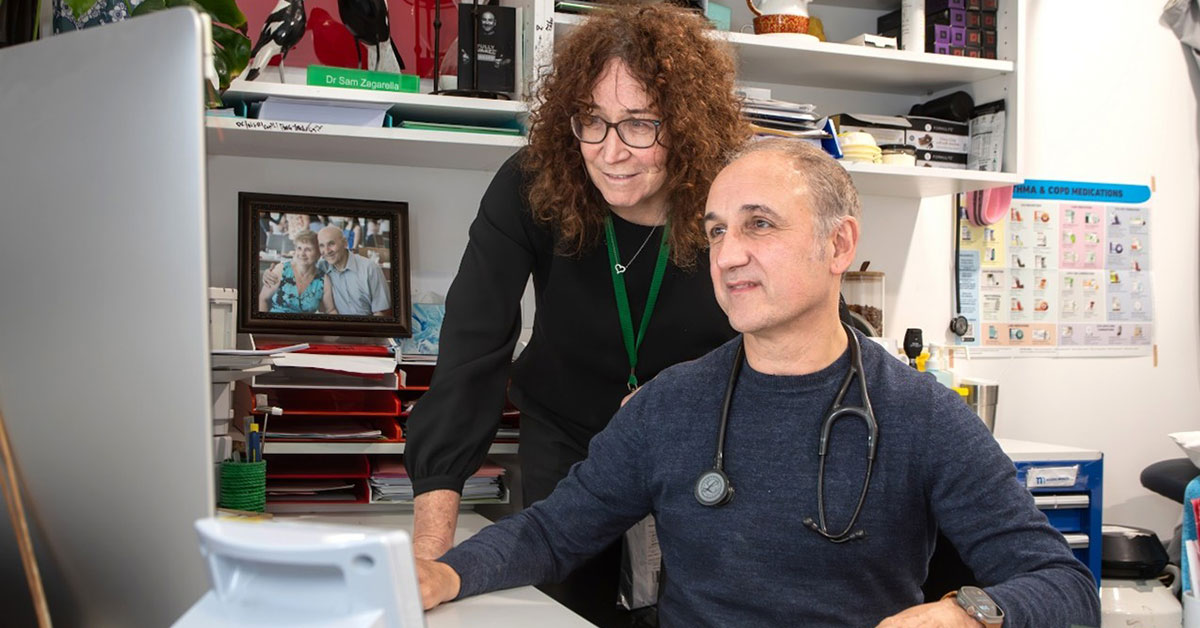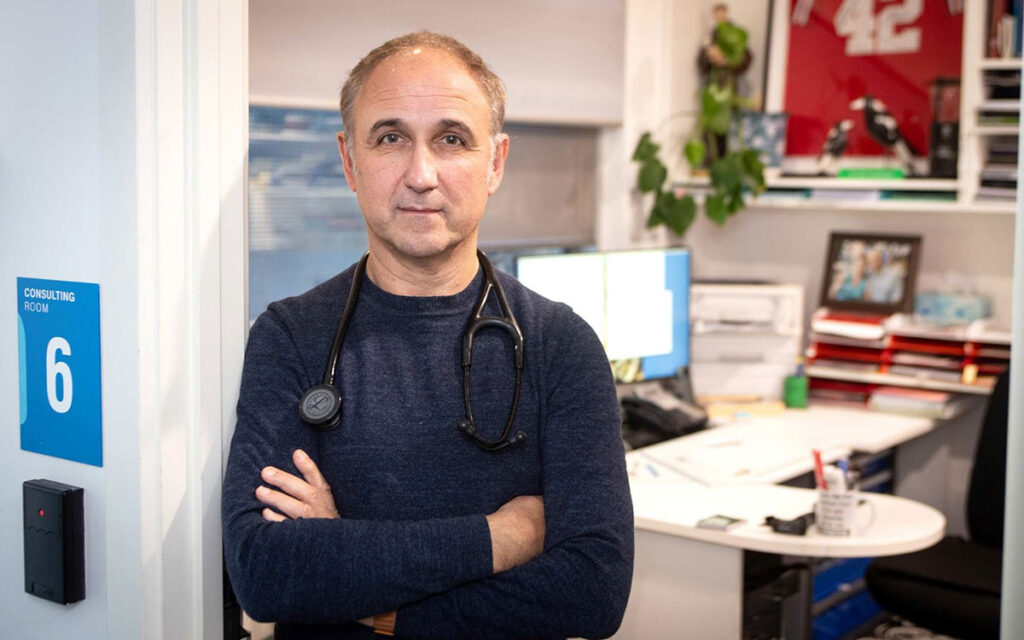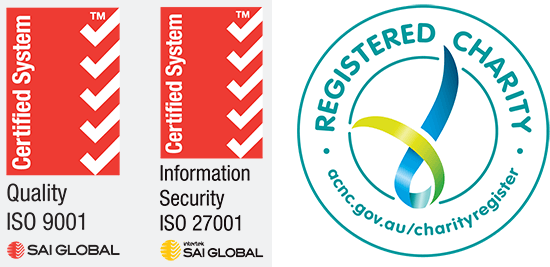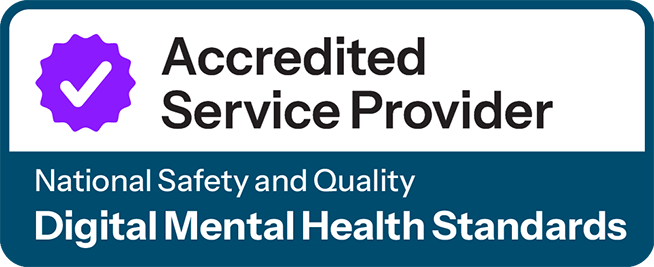
Practice manager Megan Lay thought that Niddrie Medical’s staff might be interested in learning more about what they could do about family violence.
But even she was moved by the unanimously positive response when she suggested the whole practice undertake the Primary Care Pathways to Safety training offered by North Western Melbourne Primary Health Network.
Despite the time commitment involved, all the GPs, nurses and reception staff wanted to take part.
Primary Care Pathways to Safety helps staff better identify and respond to family violence. Sessions feature workers from local family violence services such as GenWest and Berry Street together experts with lived experience, explaining how they support and work with general practice.
Ms Lay said the training showed her team that there were local people and resources they could call on, making Niddrie Medical part of a broader network to help adults and children find safety from violence.
She said everyone agreed the presenters and the content were “excellent across the board”.
“And everyone’s given the same sort of feedback; there was no sort of waffle,” she said.
“Everyone felt that the information they got was something they could use immediately in a really practical way, which is obviously what we want in general practice.
“We wanted to know the names of who you refer to, to know the pathways to get there … and the training gave us that.”

Staff found there were opportunities to embed lessons following the training.
One doctor was able to apply insights from the role play soon afterwards, and to use trauma-informed language to support a patient to feel more comfortable during a disclosure.
The training also strengthened staff collaboration to confidentially discuss options with the patient’s consent.
Dr Sam Zagarella, the practice co-owner, said he felt more confident after the training to raise the topic of family violence during a consult without it being awkward. He now also looks for signs of emotional abuse and other family violence.
The training, which includes advice on guidelines and history-taking, has streamlined Dr Zagarella’s approach in consultations. He now keeps family violence brochures on his desk in sight of patients to make them feel more comfortable about raising the issue.
Megan Lay said one of the best aspects of the training was that it empowered staff to ask if someone was experiencing family violence, and to then offer better solutions and options.
“You feel ok asking, but it’s like Pandora’s Box if you don’t have something to offer,” she said.
“Feeling that you have a pathway for them to at least start tackling the problem makes you more comfortable in asking the more difficult questions.
“Asking our team – busy people with families – to give up time for education, you want it to be valuable. And it was.”





